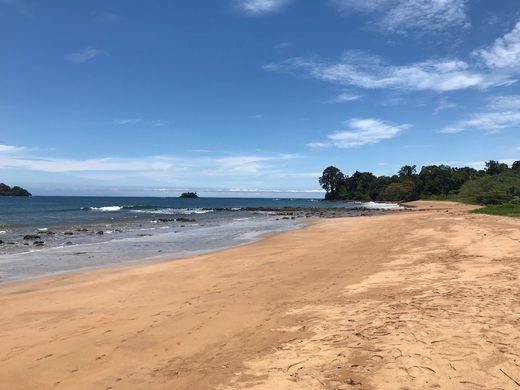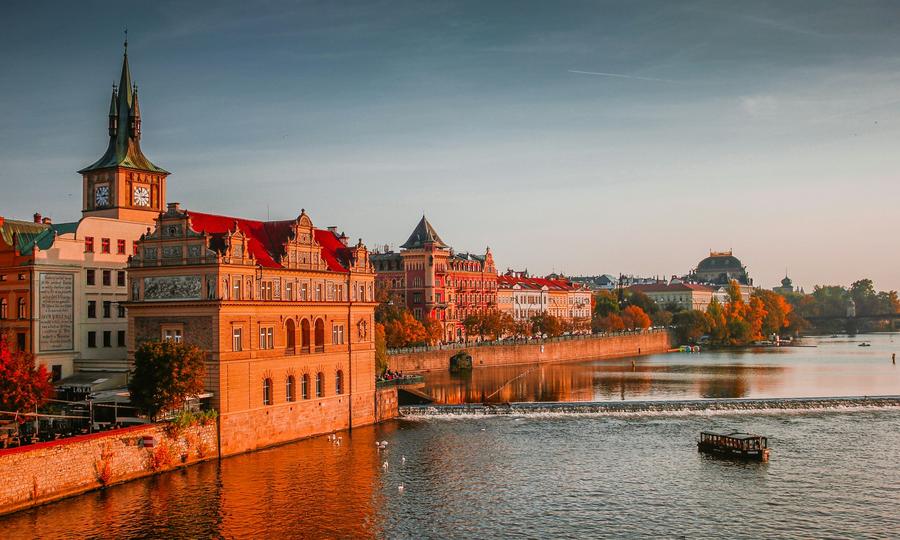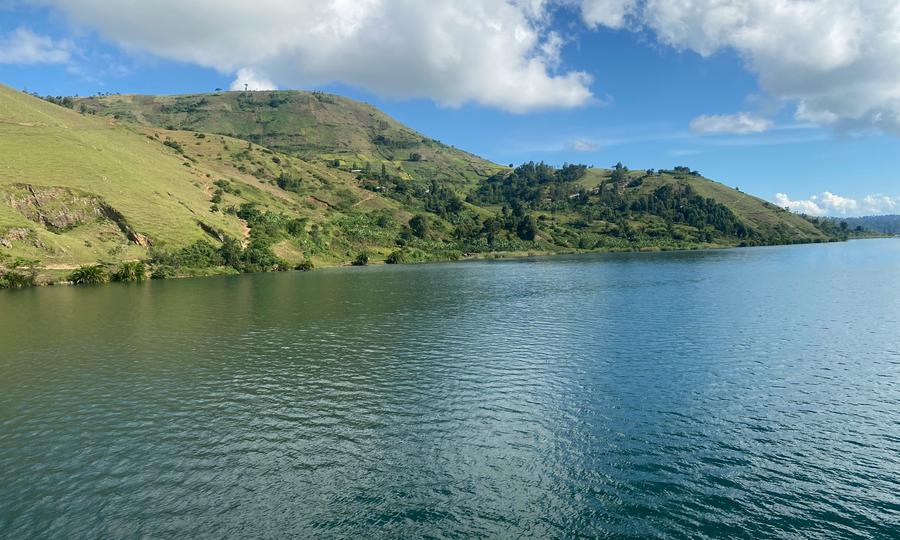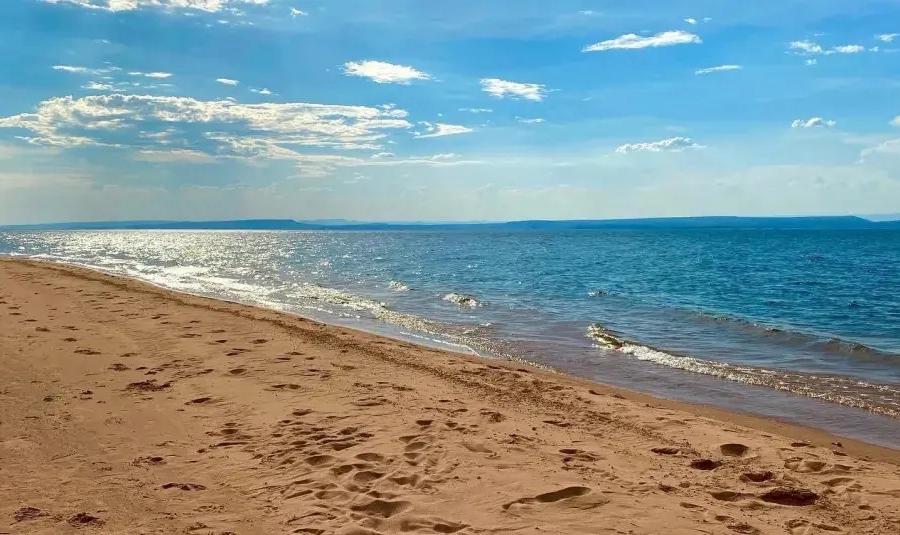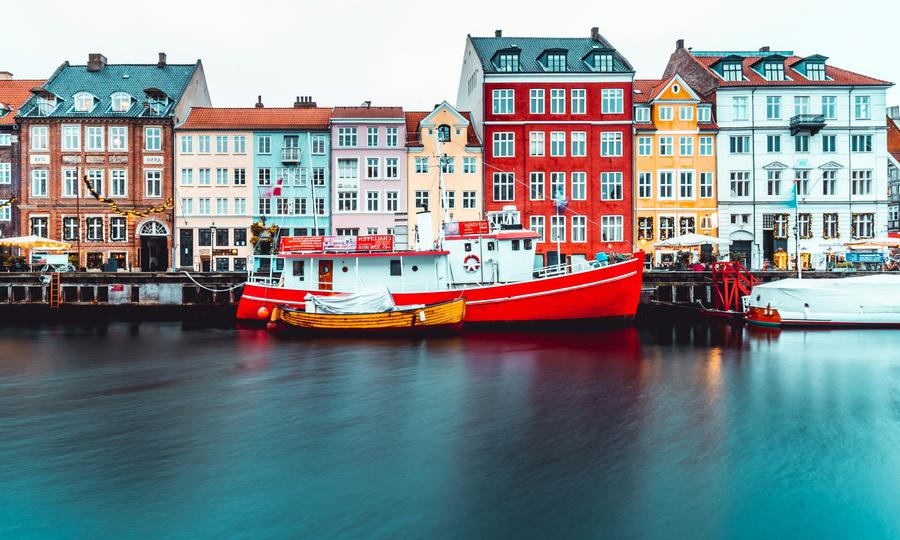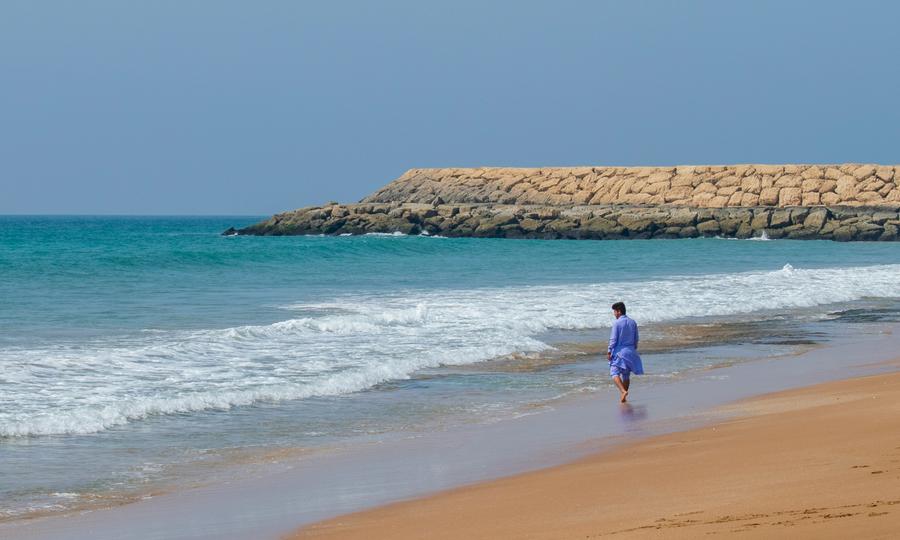Introduction
Equatorial Guinea, a nation nestled on the west coast of Central Africa, is renowned for its rich cultural tapestry and diverse landscapes. For travelers intrigued by naturism, understanding the local legal framework and cultural nuances is paramount. This comprehensive guide delves into the nudism laws in Equatorial Guinea, offering insights into legal standings, beach etiquettes, and cultural considerations.

Legal Stance on Nudism
Equatorial Guinea does not have explicit laws addressing public nudity or naturism. However, the absence of specific legislation does not equate to acceptance. In many conservative societies, actions not explicitly outlawed can still lead to legal repercussions under broader statutes, such as those pertaining to public decency or moral conduct. Travelers should exercise caution and avoid public nudity to prevent potential legal issues.
Designated Nudist Beaches
As of now, there are no officially designated nudist beaches in Equatorial Guinea. The country's beaches, while picturesque, do not cater to naturist activities. Engaging in public nudity on these beaches could lead to misunderstandings or legal complications.
Cultural Considerations
Equatorial Guinea's culture is a blend of indigenous traditions and Spanish colonial influences. The society is predominantly Christian, with deep-rooted values and customs. Visitors should:
- Dress Conservatively: Especially when away from beach areas, attire should be modest. This shows respect for local customs and religious practices.
- Participate Respectfully: If invited to local events or ceremonies, observe and follow the lead of your hosts to ensure respectful participation.
Guidelines and Etiquette for Beachgoers
When visiting beaches in Equatorial Guinea, it's essential to respect local customs and practices:
- Appropriate Attire: Swimwear should be modest. Topless sunbathing or nudity is not culturally accepted and should be avoided.
- Photography: Always seek permission before photographing locals or their property. Some communities are sensitive about photography, considering it intrusive.
- Environmental Respect: Ensure that beaches remain clean by disposing of litter properly. Avoid disturbing local wildlife or removing natural artifacts.
Avoiding Legal Issues
To prevent legal complications during your stay:
- Stay Informed: Regularly consult travel advisories and local news sources for updates on laws and regulations.
- Engage Local Guides: Hiring a local guide can provide valuable insights into cultural norms and acceptable behaviors.
- Exercise Discretion: In the absence of clear guidelines, err on the side of caution. Avoid behaviors that could be misinterpreted or deemed offensive.
Conclusion
While Equatorial Guinea offers breathtaking landscapes and coastal beauty, it does not accommodate naturist practices. Travelers are advised to respect local laws and cultural norms by refraining from public nudity. By embracing the country's rich heritage and adhering to societal expectations, visitors can enjoy a fulfilling and respectful experience in this unique African nation.

